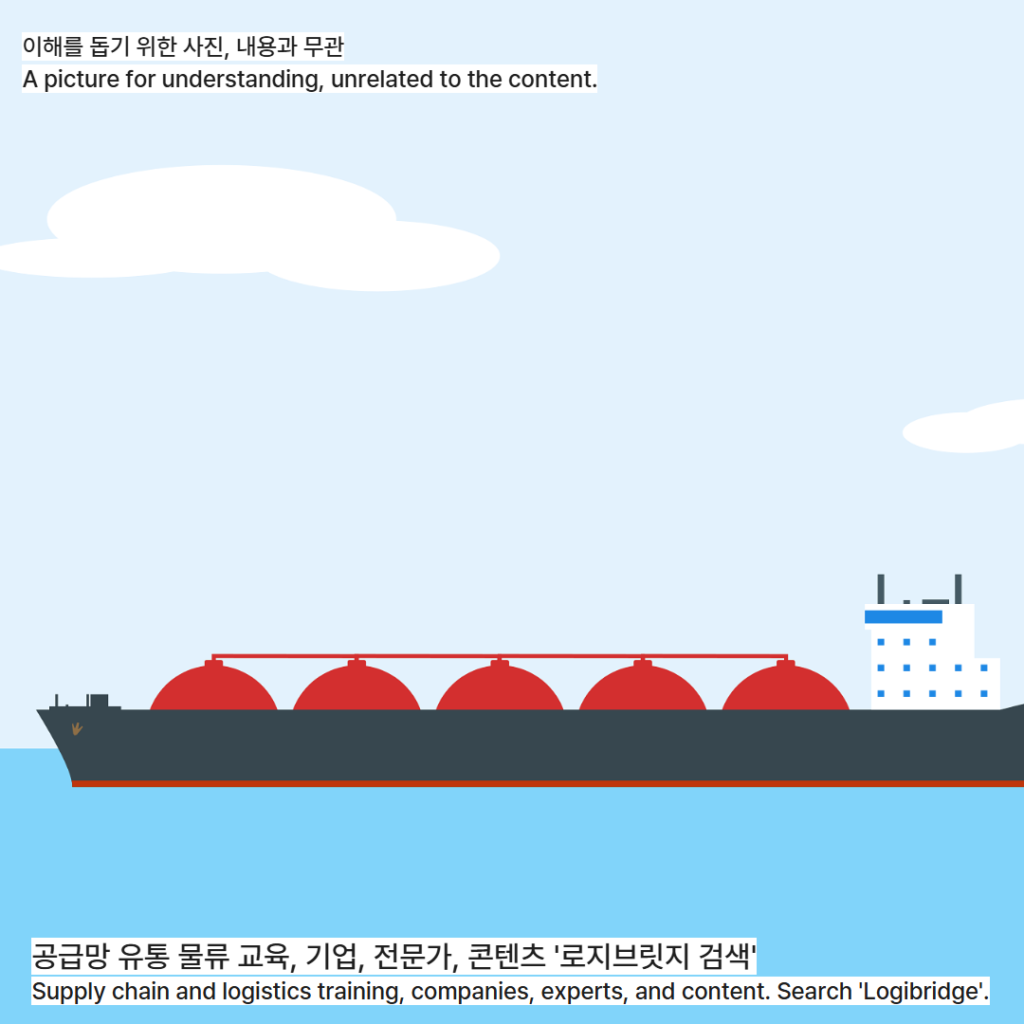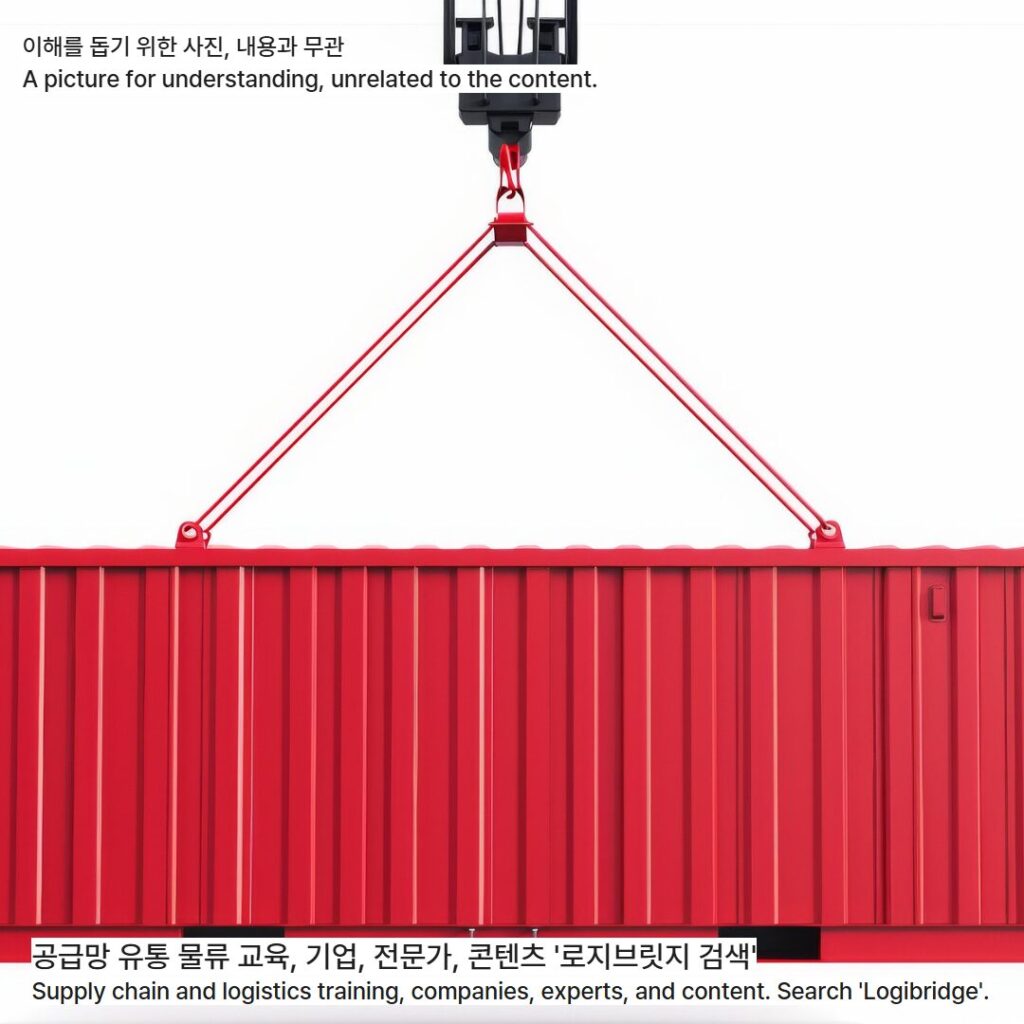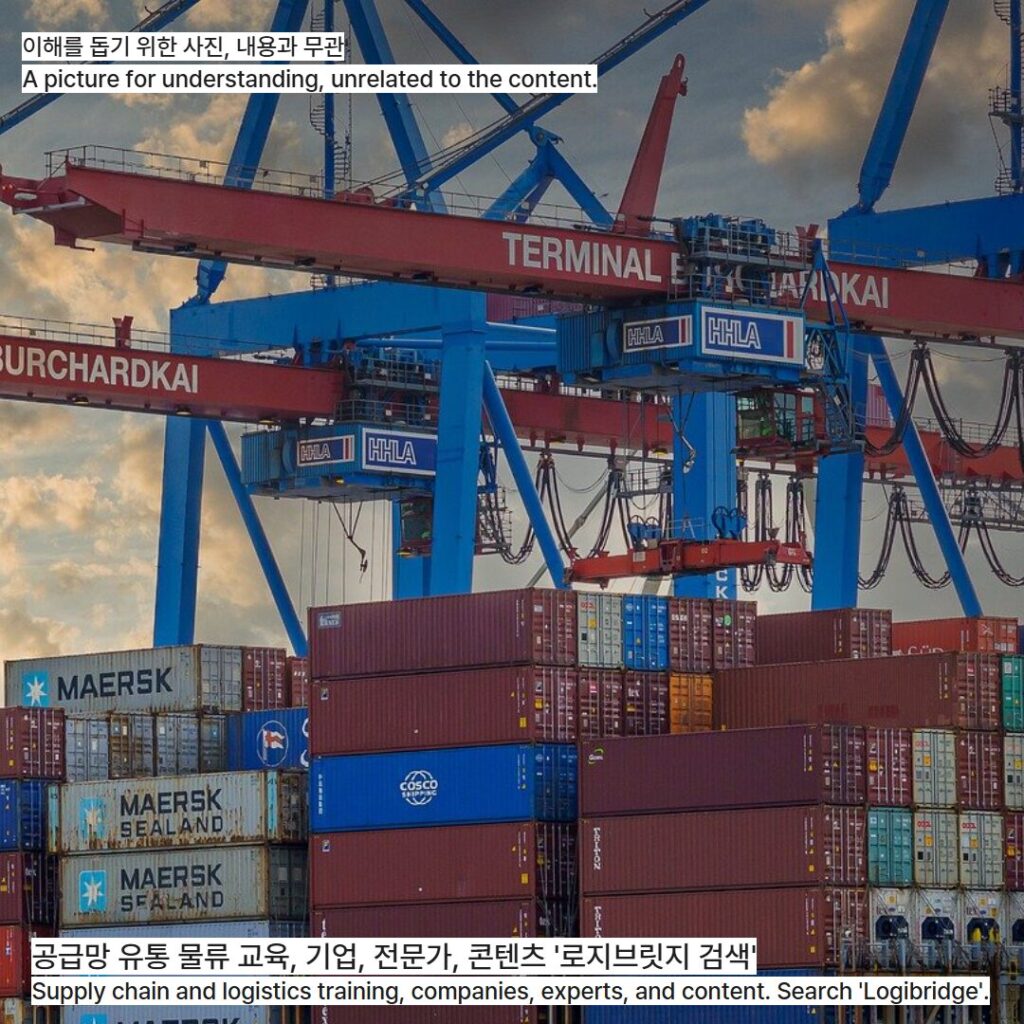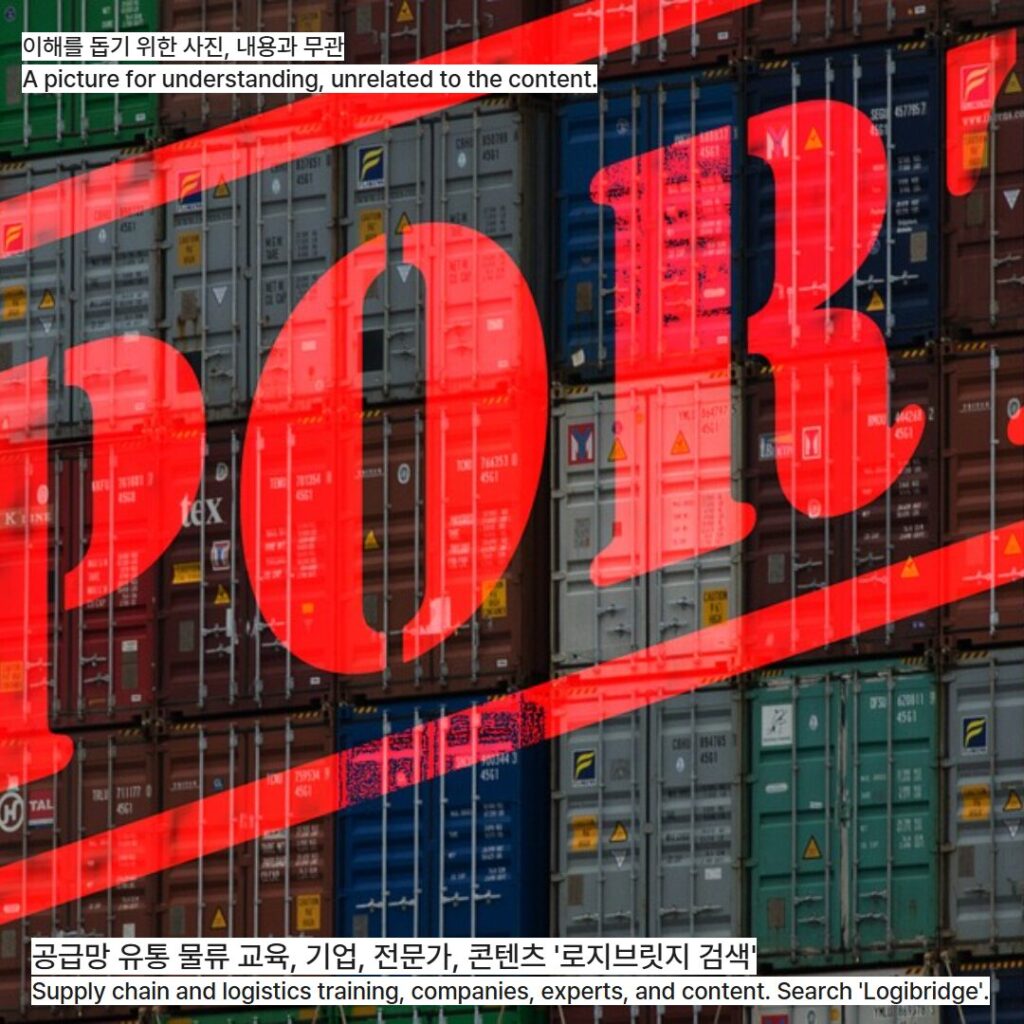Bonded cargo disposal cases have tripled in four years as cross-border e-commerce surges, but customs manpower remains stagnant.

Disposal Cases Up 3.4x in Four Years
Due to the surge in Chinese cross-border e-commerce, the number of bonded cargo disposals — including non-compliant or counterfeit goods — has skyrocketed.
According to data obtained by Rep. Park Min-kyu of the National Assembly’s Strategy and Finance Committee, disposal cases rose from 127,819 in 2020 to 438,837 in 2024, a 3.4-fold increase.
Most cases are concentrated in Incheon Airport, Incheon Port, and Pyeongtaek Customs, accounting for over 90% of the national total.
Up to 187x Workload Gap Among Customs Offices
The analysis revealed stark differences in workloads per staff member.
Officials at Pyeongtaek Customs handle 39,306 cases per year, while Daegu Customs handles only 21, showing a 187-fold gap.
This imbalance underscores the uneven distribution of administrative burdens.

Complex Process, Minimal Staff
The bonded cargo disposal process involves multiple steps — application, verification, approval, supervision, and reporting — but
Incheon Airport Customs has only 10 staff members, Incheon Customs 4, and Pyeongtaek 3.
Such staffing shortages risk oversight failures and operational bottlenecks.
Oversight Gaps and External Leakage Risks
Rep. Park Min-kyu warned that “handling tens of thousands of cases per person is practically impossible,”
adding that “a lack of manpower could lead to unauthorized external removals of confiscated goods.”
He urged Korea Customs Service to reinforce staffing, improve working conditions, and modernize its processes.

A Threat to National Trust
This manpower imbalance goes beyond efficiency — it directly affects public safety and trade credibility.
Korea Customs must enhance its monitoring system and transparency to restore trust and ensure sustainable customs management amid booming e-commerce.
